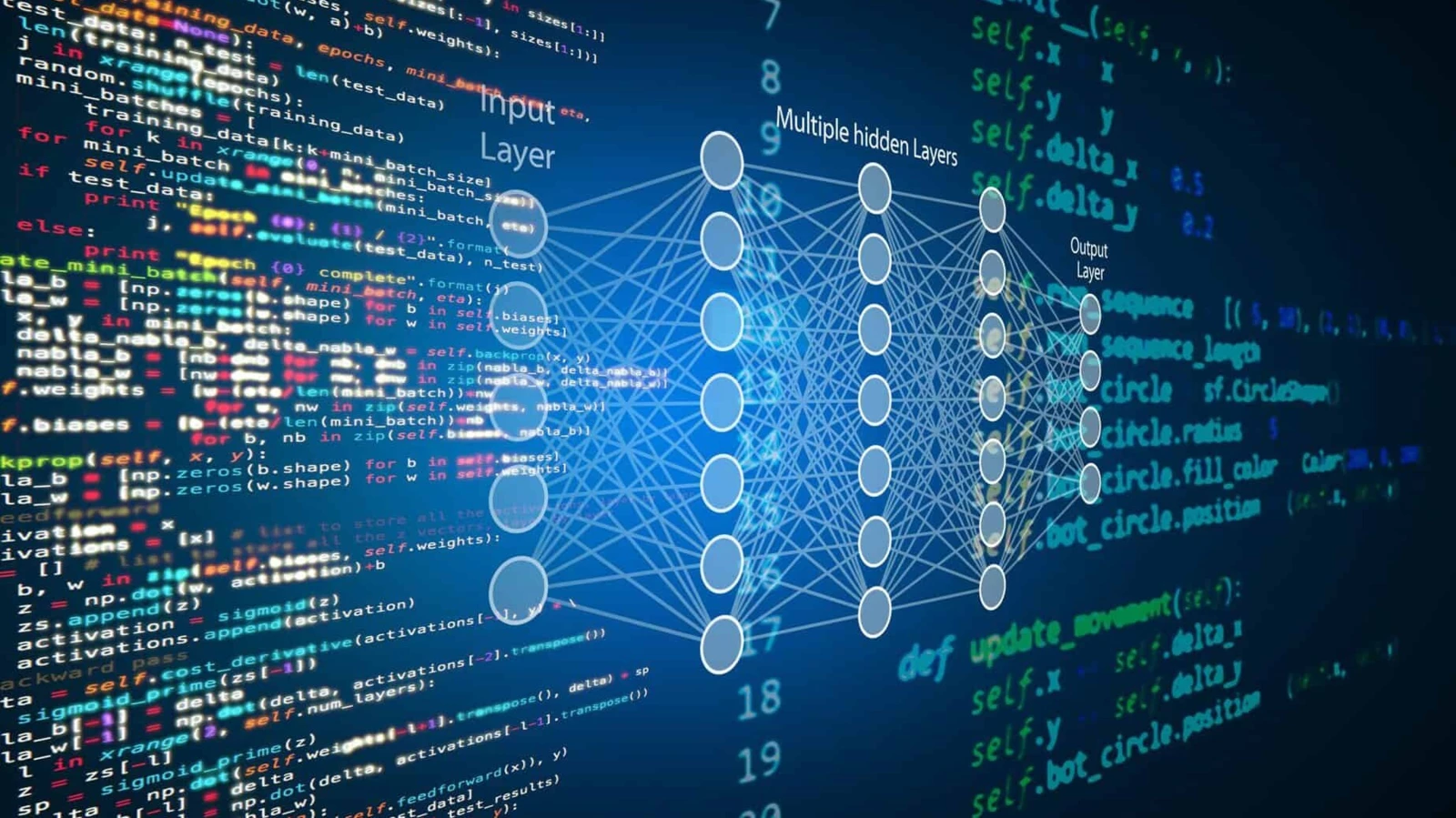As technology continues to evolve at a rapid pace, so too does the way we protect our homes. The future of residential security is no longer limited to traditional locks and alarm systems. Today’s security solutions are smarter, more integrated, and increasingly proactive, offering homeowners unprecedented levels of protection and peace of mind. In this article, we’ll explore key trends shaping the future of residential security and what homeowners should watch for in the coming years.
1. Smart Home Integration
One of the most significant trends in residential security is the integration of smart home technology. Modern security systems now work seamlessly with smart devices such as door locks, lighting, thermostats, and voice assistants like Amazon Alexa or Google Assistant. This allows for centralized control and automation that enhances hire residential security in London while also improving convenience.
For example, homeowners can lock doors, monitor cameras, and set security alarms from their smartphones. Some systems even learn the daily habits of residents, adjusting settings automatically to simulate occupancy when no one is home—an effective deterrent against potential intruders.
2. Artificial Intelligence (AI) and Machine Learning
AI and machine learning are revolutionizing home security by enabling systems to analyze data, recognize patterns, and make decisions without human intervention. AI-powered surveillance cameras can distinguish between a family member, a pet, and a potential threat. This minimizes false alarms and ensures quicker response times when real incidents occur.
Moreover, AI enhances predictive security. By learning from user behavior and past incidents, these systems can identify unusual activities and send real-time alerts to homeowners or authorities before a breach happens.
3. Remote Monitoring and Cloud Storage
The rise of mobile apps and cloud-based platforms has made remote monitoring a cornerstone of modern residential security. Homeowners can view live video feeds, receive instant alerts, and access footage from anywhere in the world via smartphones or tablets.
Cloud storage also offers a more secure and scalable way to store surveillance data. Unlike traditional systems that rely on local hard drives (which can be stolen or damaged), cloud storage keeps footage safe and accessible—even during a security breach.
4. Biometric Authentication
Passwords and PINs are quickly being replaced with biometric authentication methods such as fingerprint scanners, facial recognition, and even retinal scans. These technologies provide an extra layer of security by ensuring that only authorized individuals can access a property.
Facial recognition doorbells, for example, can notify homeowners of exactly who is at their door, and in some cases, allow entry only to recognized faces. As this technology becomes more accurate and affordable, its adoption in residential settings is expected to grow rapidly.
5. Drones and Robotics
While still in the early stages for home use, drones and security robots are poised to become the next frontier in residential security. Drones can patrol perimeters, provide aerial surveillance, and even respond to alarms with live video feeds.
Security robots equipped with sensors, cameras, and communication tools can navigate through homes or properties, monitor unusual activities, and relay information back to the homeowner or a monitoring center. These innovations offer a mobile, flexible approach to securing residential spaces.
6. Cybersecurity Measures for Smart Homes
As homes become more connected, cybersecurity becomes a critical aspect of residential security. Hackers can exploit vulnerabilities in smart devices, potentially gaining access to home networks or surveillance systems.
To counter these threats, future residential security solutions will place greater emphasis on encryption, secure authentication, and regular software updates. Homeowners will need to be proactive in securing their digital infrastructure, just as they are with physical security.
7. Environmental and Health Monitoring
Advanced hire residential security in London systems are also beginning to incorporate environmental sensors that detect smoke, carbon monoxide, gas leaks, and even air quality. Some devices can monitor temperature, humidity, and occupancy levels to ensure a safe and healthy living environment.
In addition, emergency alert systems integrated with health monitoring devices can notify caregivers or emergency responders if a resident experiences a medical emergency. This is especially valuable in homes with elderly individuals or those with health conditions.
8. Sustainability and Energy Efficiency
Sustainability is becoming a consideration in residential security as well. Solar-powered cameras, energy-efficient sensors, and systems that integrate with smart energy management tools are gaining popularity. These eco-friendly options not only reduce carbon footprints but also offer reliable security even during power outages.
Conclusion
The future of residential security is dynamic, intelligent, and increasingly connected. With innovations in AI, biometrics, and smart home technology, homeowners now have access to tools that not only respond to threats but also anticipate and prevent them. Staying informed about these trends is essential for anyone looking to protect their home and loved ones in an ever-changing digital world.
Whether you’re upgrading your current system or building a new smart home, investing in future-ready security solutions is a decision that ensures both safety and peace of mind for years to come.












Leave a Reply